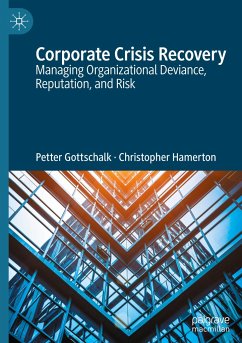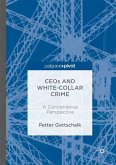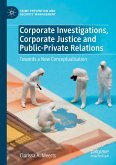The principal aim of Corporate Crisis Recovery: Managing Organizational Deviance, Reputation, and Risk is to complement and expand criminological discourse on the concept of the social license to operate as a means of influencing the behaviour of corporations. In recent years, the wide-spanning consequences of some very public globalized corporate crises - including fiscal and environmental impact, staff retention, and organizational survival - have led to a growing body of research on crisis perception and responsive strategic management. Developments that position corporate crisis recovery as an anticipated requirement of visible compliance to normalized and anticipated standards of ethical practice and business conduct. Utilizing convenience theory to illustrate how corporations, and the individuals therein, are able to lose, repair, and recover the corporate license to operate after corruption and scandal, the book develops to evaluate the responses of the public and criminal justice process to serious reputational damage and substantial breach of trust.
Bitte wählen Sie Ihr Anliegen aus.
Rechnungen
Retourenschein anfordern
Bestellstatus
Storno








